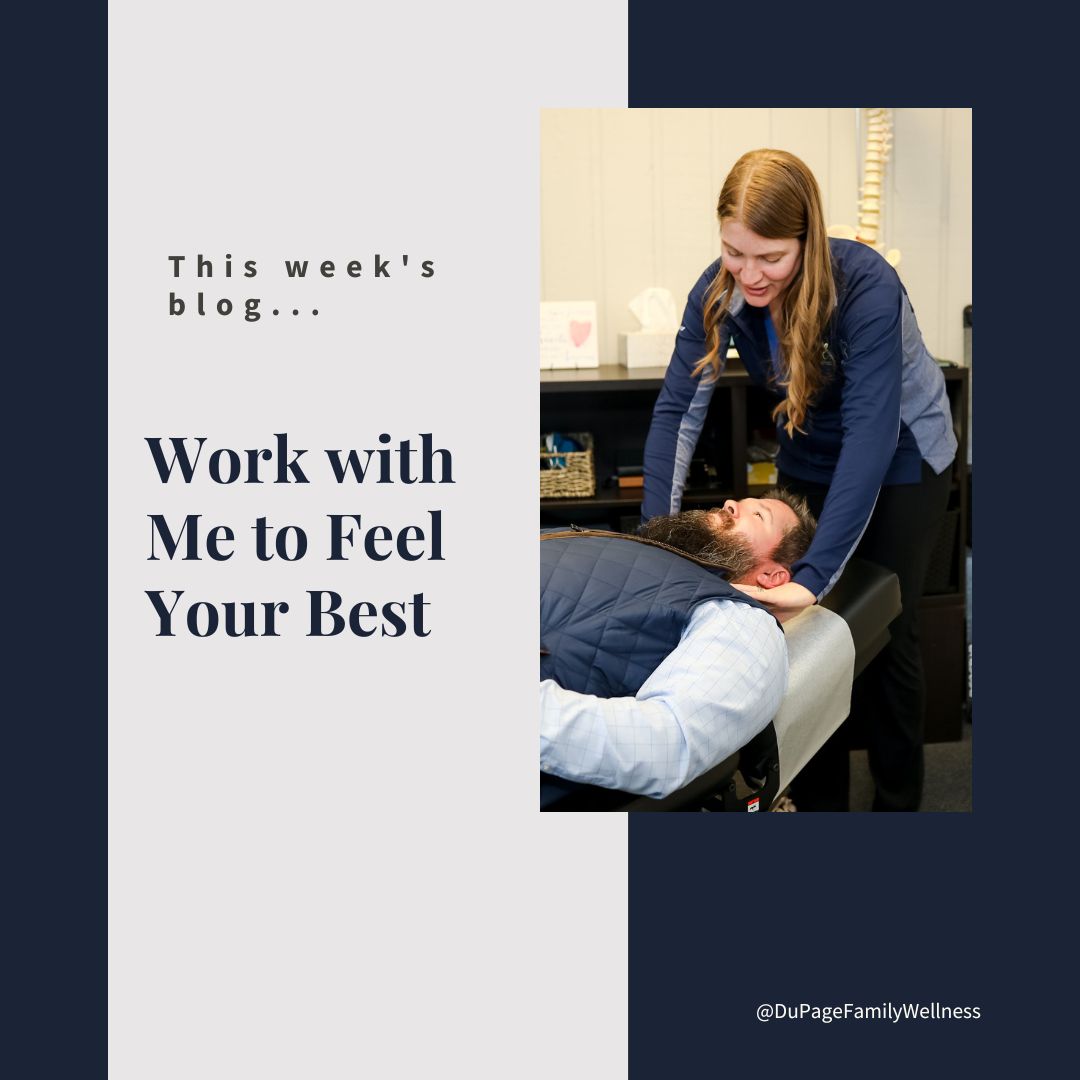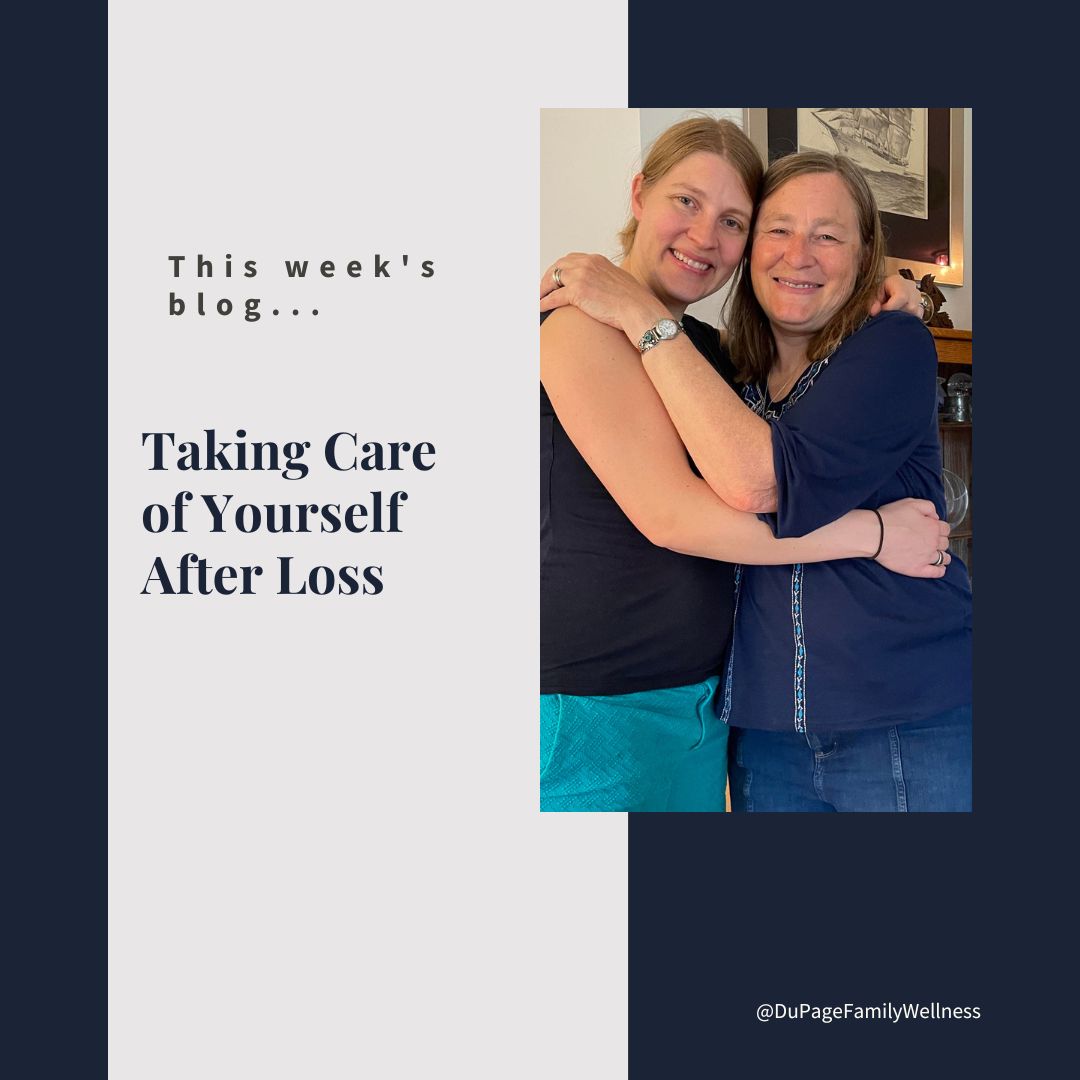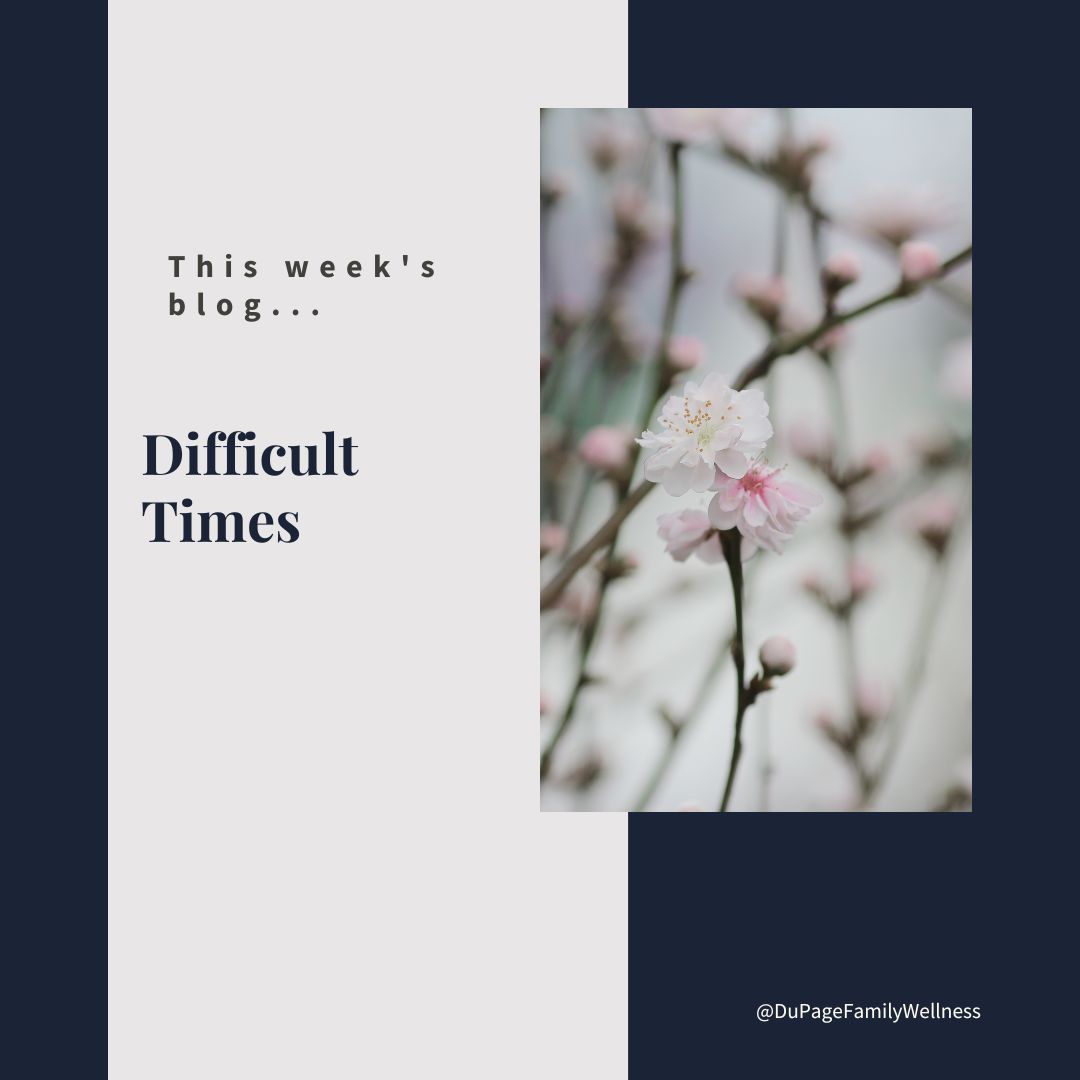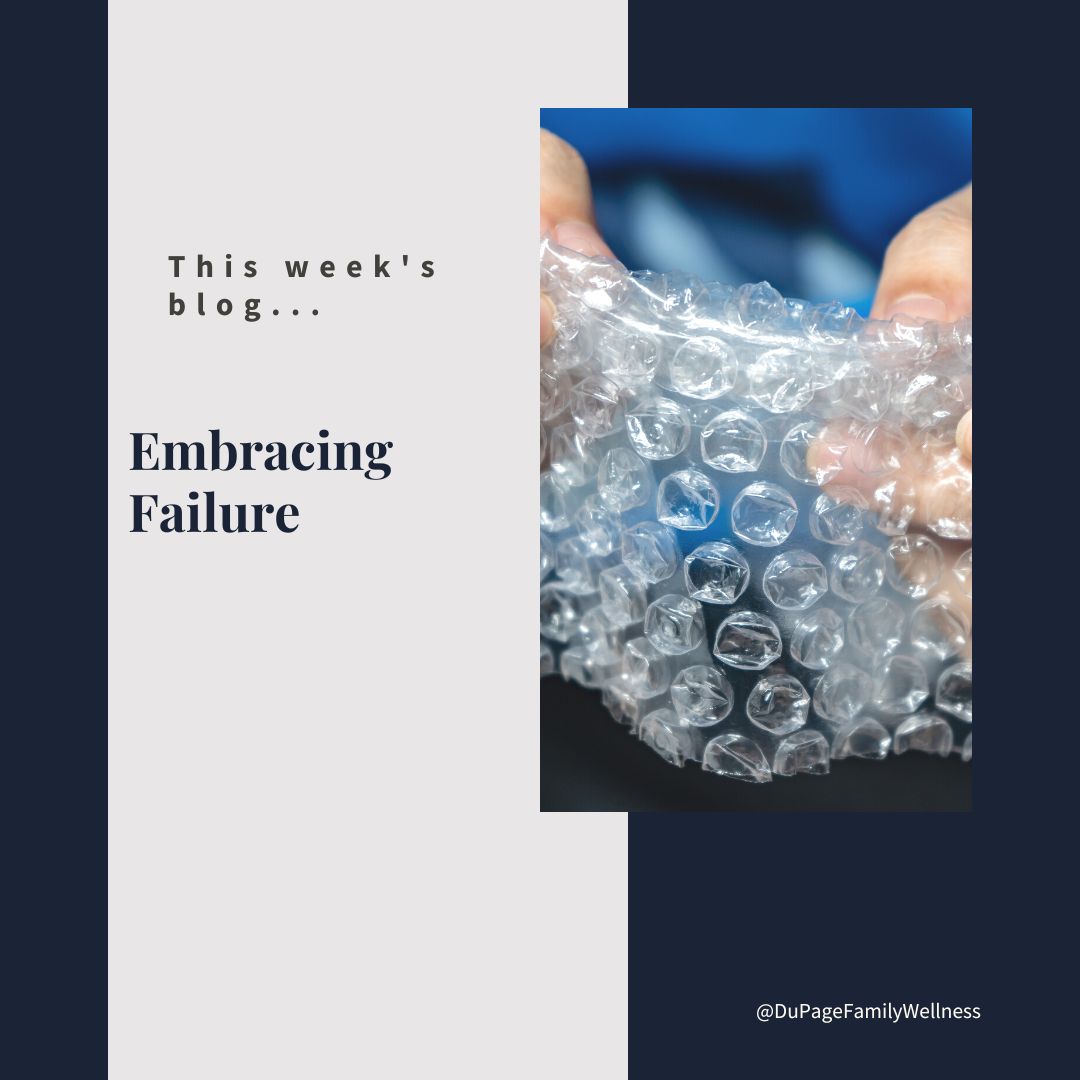 Let’s hope you are not above average, or even average because the average adult in America spends over 2 hours on social media each day (1). If this is true for you, you are spending the equivalent of 32 days a year on social media.
Let’s hope you are not above average, or even average because the average adult in America spends over 2 hours on social media each day (1). If this is true for you, you are spending the equivalent of 32 days a year on social media.
That’s equivalent to over 4 ½ weeks on these platforms each year. This might seem impossible, but if you track your usage it is surprising how quickly it adds up. Even social media proponents would have difficulty justifying the hours spent on them.
Despite the benefits of these platforms, many believe overusing them is detrimental to our well-being. Since there are limited hours in the day, we must question what we are missing out on while online and ask ourselves if real-life experiences would be better for our well-being.
Let’s consider the value and cost of social media in your life.
Quiz
It is helpful to get an objective perspective on your social media consumption. The health and wellness website, Balanced, provides a valuable tool. It is the “Are You Addicted to Social Media?” quiz. It provides a framework to consider how much time you spend on these platforms and how they impact your life.
In my opinion, the guidelines they use to determine problematic social media consumption are far too generous. I am surprised at the amount of time they believe can be healthy. Any answer higher than a “b” would concern me. Please remember that while you read the interpretation of your quiz. You can use the link here to take the quiz.
Mental Health Considerations
It is fun to connect with the friends we have in real life on social media. When used to enhance existing relationships, social media has been found to reduce loneliness. The same is true when social media is used with the motivation of forging new friendships. (2)
However, seeing the highlights of people you follow can lead to feelings of loneliness, depression, and fear of missing out. A study of 18 to 22-year-olds at Penn State University found that limiting students' social media consumption to 30 minutes a day led to “significant decreases in both depression and loneliness.” These findings were even more pronounced for those who were more depressed at the beginning of the study. (3)
Physical Connection
The connection between social media use and loneliness may indirectly impact physical health. A meta-analytic review of loneliness and social isolation found substantial evidence “that individuals lacking social connections (both objective and subjective social isolation) are at risk for premature mortality. (4)
It found “that heightened risk for mortality from a lack of social relationships is greater than that from obesity, with the risk from social isolation and loneliness (controlling for multiple other factors) being equivalent to the risk associated with Grades 2 and 3 obesity. (4)
Furthermore, the analysis quotes a report where researchers predicted loneliness will reach epidemic proportions by 2030 unless action is taken.
Interesting Financial Thought
If the average adult spent the time they were consuming social media working a $25/hr job, they would make an extra $19,253.75 a year. I am not suggesting you switch the time spent on social media to working more hours. It is just an interesting way to look at things.
How much is your time worth? Would you pay that amount to scroll on Facebook? Is the value you gain worth the cost of your time? Consider these things while deciding how much to interact with social media platforms.
What Can We Do
Social media is here to stay, so we must be intentional in our use of it. Dr. Jeremy Noble, who is on the faculty of the Harvard Medical School and the board of directors of Project UnLonely, encourages us to think about having “snack-sized portions.”
He explains that “social media use is fine in moderation. But as with any diet that tilts heavily toward foods that lack nutritional value, an excessive intake of social media may be bad for your health.” (5)
Some practical steps to develop healthy habits…
- Take the “Are You Addicted to Social Media?” quiz here.
- Set realistic time limits for social media on your phone (iPhone instructions, Android instructions.)
- Monitor your motivation. Get in the habit of asking yourself how you feel before you get on social media and notice why you are getting on the platform.
- Recognize the impact social media has on you. Do you feel anxious, depressed, lonely, or envious after engaging with it? Or do you feel satisfied, connected, and energized?
- Ask the people in your life if social media is impacting your relationship. If so, have a conversation to hear their perspective.
- Create a plan to develop significant “in real life” relationships and experiences.
Remember, saying “yes” to something is saying “no” to something else. Are you saying “yes” to the things you value the most?
Dr. Jamie
- Top Social Media Statistics And Trends Of 2024 – Forbes Advisor
- Loneliness and Social Internet Use: Pathways to Reconnection in a Digital World? - Rebecca Nowland, Elizabeth A. Necka, John T. Cacioppo, 2018 (sagepub.com).
- Social media use increases depression and loneliness | Penn Today (upenn.edu)
- PerspectivesonPsychologicalScience-2015-Holt-Lunstad-227-37.pdf (miami.edu)
- Does social media make you lonely? - Harvard Health
Math Explained
127 minutes/day ÷ 60 minutes/hour = 2.11 hours/day
2.11 hours/day x 365 days/year = 770.15 hours/year
770.15 hours x $25/hour = $19,253.75 per year
770.15 hours/year ÷ 24 hrs/day = 32 days per year
32 days/year ÷ 7 days/week = 4.57 weeks/year

We are lucky to live in an area with many forest preserves and nature areas where movement happens naturally. With so many amazing places to explore, don't let your movement become repetitive, boring, or expensive.
It doesn't have to be fancy or meticulously planned out. Schedule some time, pick a place or activity, and have some fun. The nice weather days will only be with us for a while, so take advantage of them.
Getting out in nature to do something active is good for your mental and physical health. When you don't feel like you have the time for something active outside, it is probably when you need it most. You can benefit from this practice by creatively working it into your day.
Let’s look at some ways to enjoy this weather in an active way you love!
Everyday Life
Try to get outside for a little while every day. It doesn't even matter what you do. Just getting out tends to make you more active and can be refreshing.
- Take a walk after dinner
- Find a parking spot that will make you walk
- Bike places when you can
- Pick active outings when getting together with friends
- Carry your child or give them a piggyback ride to the car, lunch table, etc.
- Talk and walk when having a meeting with a coworker
- Take your phone calls outside
Make It Enjoyable
You will move more if you pick activities you enjoy instead of things you think you should do. Don't choose something you dread; choose something that will be life-giving. You should look forward to your movement and feel energized afterward.
Choose your activities based on your personality and current needs.
- Do you need some time alone?
- Would you prefer some company?
- Do you need to start small?
- Are you ready for something more intense?
What type of activities would fit best with your answers?
- Go to the park
- Play with your kids
- Take a walk with a friend or coworker
- Go for a walk alone
- Ride a bike
- Do a yoga video
- Swim some laps in solitude
- Enjoy water slides with friends
- Jump on a trampoline playfully
- Play hopscotch
- Have a water balloon fight (get super fun reusable ones here)
- Jump rope vigorously
- Take a dance class
- Go rock climbing (Vertical Endeavors in Glendale Heights)
- Play tennis
- Learn pickleball (at Warrenville Park District)
- Explore your city (or a city near you) on foot
Excursions
Many outdoor places can be enjoyed in a brief visit, but taking a few hours to explore them will make it an especially fun experience.
Let this be the year when you discover an outdoor activity that you love. Don't be afraid to try something new - canoeing, archery, dancing, etc.!
Dr. Jamie

When you feel good physically, it impacts how you feel mentally. Feeling good mentally makes it easier to connect with those you love. Meaningful connections often increase your energy. This energy can help you move your body and be more mindful of what you eat.
Together, these things make you feel better physically. It all feeds into a positive cycle that can lead you toward living a life you love. My goal is to help your body function at its top level so that you feel your best.
You deserve to live a full life without anything holding you back, so call the office at 630-448-2205 or use the online scheduling system to make your appointment today.
Let’s look at what you have to gain and what you have to lose.
Acute Pain
When pain comes on suddenly, it is considered acute pain. It has a specific cause that often can be identified. It may be a fall, lifting something heavy, or rolling your ankle. But it could also be something less extreme like bending to tie your shoes or sleeping funny.
In any circumstance, your body will give us clues as to what it needs. There are different approaches we can take based on what you are experiencing. Most of the time, it will be appropriate to start treatment immediately. Occasionally we will want to run tests to see if a fracture, break, or infection is causing the pain.
Lingering Pain
Nobody wants to experience lingering or chronic pain. You may be able to handle it for a while, but eventually, it takes a toll on you. When it gets to be too much, it can impact every aspect of your life.
Maybe you thought it would go away on its own, so you never sought medical care. Or perhaps you've gone to another doctor, and they didn't relieve the problem. It is discouraging to feel like your pain will be a part of your life forever, but I have alleviated lingering pain for a lot of people. I encourage you not to give up; you deserve to feel better.
Wellness
Chiropractic care is valuable for everyone; you do not need to be in pain to benefit from it. Regular care can help prevent injury and catch muscular-skeletal issues before they become a big problem. It can impact the nervous system bringing the parasympathetic and sympathetic nervous systems into balance. This can get you out of the fight-or-flight state. This is good for digestion, stress, and overall wellness. It can also impact your immune system.
Since the early 1900s, there has been evidence that regular chiropractic care has a positive effect on the immune system. It is believed that regulating your nervous system leads your body to function more efficiently making your immune responses more effective. For more information about the benefits and impact on the immune system, check out "Why Chiropractic Care is So Important."
Whole Body Approach
I treat the human body as a complex system, not just individual parts. This is likely why my patients see such good results.
If you are experiencing knee pain, I will examine the muscles, ligaments, tendons, and nerves around your knee.
- If we find joints that aren't moving properly, we will mobilize them.
- If we find muscles that are too tight, or nerves that are entrapped, we will use the Active Release Technique (ART) to release them.
- If we find weak muscles, we will give you exercises to strengthen them.
Sometimes, however, the root of the pain is in an area you would not expect. Your gait, movement patterns, and inflammation in the body also impact your knee. So, we will examine those issues and make a treatment plan to address them. My goal is to look at the state of your body as a whole because that is the best way to get your body functioning well the fastest.
My Promise to You
I promise to treat you as an individual and designed a care plan just for you. Every human body is unique, so you will not find a cookie-cutter approach to health here. You won’t be asked to go through a random number of visits. We will look at what is appropriate for your situation and create a plan to get you back to feeling like the best you possible.
I will always listen to your feedback during treatment. Healing should not hurt, so you can expect little to no discomfort during your appointments. If something is not working for you, just speak up and we will make adjustments to your treatment plan. We are working together, so you will always be in control. I just ask you to invest in yourself throughout the week, so you can see the results you want as quickly as possible.
If you are experiencing acute or chronic pain, don't suffer needlessly. You can set up an appointment by calling 630-448-0255 or schedule online here. Let's get you enjoying life again!
Dr. Jamie
 As many of you know, Dr. Jamie said goodbye to her mom last week. Thank you for the kindness you have shown her during this time.
As many of you know, Dr. Jamie said goodbye to her mom last week. Thank you for the kindness you have shown her during this time.
I am sharing this previous blog because it is hard to do self-care during difficult times. I have modified it to be more appropriate for those suffering a loss. I hope it will provide easy ways to care for yourself when you may not feel like you can.
Carolyn
Simple Self-Care Ideas
Let’s look at some things you can do to take care of yourself in 5-minutes or less.
- Put on a cozy sweater or sweatshirt
- Open the window for a cool breeze
- Massage or stroke your face
- Meditate
- Smile at a fond memory
- Gaze at the stars
- Yoga (hold the child’s pose)
- Take some deep breaths
- Stare at nature
- Declutter your nightstand
- Give yourself a foot massage
- Put on some makeup
- List three positive things about yourself
- Close your eyes letting the sunshine on your face
- Diffuse your favorite scent
- Play with your pet
- Get some movement
- Make a list of everything on your mind
- Do a sudoku or crossword puzzle
- Hug a loved one
- Open your blinds
- Be completely still
- Listen to your favorite song
- Apply a face mask
- Sit in your car in silence
- Pick a mantra to focus on
- Step outside or go for a walk
- Sing your favorite song
- Mindfully drink your coffee
- Eat a piece of dark chocolate
- Stretch your body
- Progressively tense and relax your body
- Apply lotion to your body
- Doodle or color
- Look at old pictures
Everyone responds differently to loss. Some people are overcome with emotion while others go into "business mode." Many times people alternate between the two. There is no wrong way to process grief even if it is different than how other people expect you to react. And, it is okay to feel things other than sadness; it doesn't mean you are not grieving deeply.
Dr. Jamie (and Carolyn)
 As many of you know, Dr. Jamie's mother passed away on Monday. The kind words and understanding that you have given at this time are truly appreciated.
As many of you know, Dr. Jamie's mother passed away on Monday. The kind words and understanding that you have given at this time are truly appreciated.
This blog article, "Moving Through Difficult Emotions," has been sent out before but seems appropriate to revisit.
-Carolyn
Moving Through Difficult Emotions
Growing up, we often get the message that it’s not okay to experience “negative” emotions. Sometimes the message is harsh and clear through words like “don’t cry like a baby” or “grow up”.
Sometimes it is more subtle. Well-meaning people say things like “Don’t cry honey, you’re okay”. Other times they may use distraction techniques to prevent you from feeling difficult emotions.
All these methods, whether well-intentioned or not, can lead to us avoiding negative emotions. But these emotions don’t simply go away when we ignore them. It is important to learn how to embrace and work through difficult emotions in a healthy way. Let’s look at what that means so that we can live an authentic full life.
Importance of Embracing Difficult Emotions
According to researcher and author Brene Brown, “We cannot selectively numb emotions, when we numb the painful emotions, we also numb the positive emotions.”
In other words, if we want to feel love, joy, peace, and fulfilment, we must also have the capacity to feel loneliness, sadness, anxiety, and emptiness. We cannot fully feel the “positive” emotions without making room for the “difficult” ones.
Messages Our Emotions Give Us
All our emotions are valuable and provide insightful information if we learn to listen to them. If we pay attention to how we feel when we are with different people in our lives, we can learn a lot about those relationships.
For example, if we feel great love towards someone, we can recognize that the relationship is important to us. But difficult emotions can indicate that as well. Imagine that you are hurt because a friend didn’t follow through on a promise. This difficult emotion may show you that you generally trust and value this friendship, so it is especially painful when they let you down.
Another emotion that gives us valuable information is our anger. Often our anger tells us that someone has crossed our boundaries. When we take a moment to recognize our anger and ask what boundary has been crossed, we are more likely to be able to handle the situation constructively.
Working Through Difficult Emotions
Once we realize how valuable our emotions are, it is important to learn how to work through the difficult ones. Here are some steps to handling these important, but difficult emotions.
- First, allow yourself to truly feel your emotions. We often try to resist difficult emotions, but this causes more suffering. Embrace each emotion, welcoming the message that it brings to you.
- Name your emotions and be with them. Don’t try to rush through uncomfortable feelings. Often they will sweep over you like a wave and then pass.
- Notice where you feel it in your body. Does your heart feel heavy? Is your jaw clenched?
- If you get stuck in an emotion, doing something constructive, creative, and engaging can be helpful - things like art, reading, cooking, yard work, movement, meditation, mindfulness, or conscious breathing.
Read more ...
 In 1957, Alfred Fielding and Marc Chavannes tried to invent a 3-D wallpaper. They sealed two plastic shower curtains together by heat. The results were disappointing, and it was a complete failure as wallpaper.
In 1957, Alfred Fielding and Marc Chavannes tried to invent a 3-D wallpaper. They sealed two plastic shower curtains together by heat. The results were disappointing, and it was a complete failure as wallpaper.
A decade later Spencer Silver attempted to make a strong adhesive for the space industry. He was unsuccessful and ended up with a weak adhesive that peeled off without leaving a residue.
Failing can be a painful experience, leading to embarrassment and shame. However, the “failures” mentioned above are the reasons we have bubble wrap and post-it notes today. These mistakes were turned into something useful, but even if they were not, the failure would still be valuable.
Let’s explore why many leaders believe that failing is a step on the path to greatness.
Don’t Play it Safe
Elon Musk has a strong history of failure. It is interesting to see how many challenges he had on the way to his success. You can read about his journey in the article here. Because he understands the benefit of taking risks, he explains that in his companies "Failure is an option... If things are not failing, you are not innovating enough."
Achieving greatness inherently comes with the risk of failure. If you embrace failure as a part of learning, you will not need to play it safe. You will be free to try innovative ideas with the potential for huge success.
It is okay to try, fail, learn, and try again. If you never fail, your goals may be too small. This might keep you from failure but will also limit your growth.
Fail Forward
Think about one of your greatest achievements. Did you accomplish it easily without any challenges? Probably not. When you persevere despite failure, you can apply the knowledge you have gained through your mistakes. Winston Churchill said, "Success consists of going from failure to failure without loss of enthusiasm."
It is hard to face the disappointment of one mistake after the other, but perseverance may make all the difference. Consider the fact that Howard Schultz was rejected for a loan 242 times before he secured the funds to start Starbucks.
Are you a Failure
Many of the most successful people were initially considered failures. Just look up the history of the Beetles, Walt Disney, and Oprah Winfrey. They didn’t give up when they were not recognized for their brilliance. J.M. Barrie, the author of Peter Pan, had a unique perspective on failure, saying, "We are all failures - at least the best of us are.”
These celebrities must have had a growth mindset that gave them the fortitude to persevere. This type of mindset focuses on the ability to improve and progress, instead of the limiting belief that you are born with set abilities that limit your capacity for success.
If you are interested in developing a growth mindset, check out Carol S. Dweck's amazing book "Mindset: The New Psychology of Success."
What would you do if you knew you wouldn’t fail? Embracing the possibility of failure can free you up to take chances and pursue your passions. When you realize that failure has a purpose, it will make persevering a little bit easier.
Dr. Jamie
*I earn a small commission on qualifying purchases as an Amazon Associate.
 Let’s hope you are not above average, or even average because the average adult in America spends over 2 hours on social media each day (1). If this is true for you, you are spending the equivalent of 32 days a year on social media.
Let’s hope you are not above average, or even average because the average adult in America spends over 2 hours on social media each day (1). If this is true for you, you are spending the equivalent of 32 days a year on social media.



 As many of you know, Dr. Jamie said goodbye to her mom last week. Thank you for the kindness you have shown her during this time.
As many of you know, Dr. Jamie said goodbye to her mom last week. Thank you for the kindness you have shown her during this time. As many of you know, Dr. Jamie's mother passed away on Monday. The kind words and understanding that you have given at this time are truly appreciated.
As many of you know, Dr. Jamie's mother passed away on Monday. The kind words and understanding that you have given at this time are truly appreciated.  In 1957, Alfred Fielding and Marc Chavannes tried to invent a 3-D wallpaper. They sealed two plastic shower curtains together by heat. The results were disappointing, and it was a complete failure as wallpaper.
In 1957, Alfred Fielding and Marc Chavannes tried to invent a 3-D wallpaper. They sealed two plastic shower curtains together by heat. The results were disappointing, and it was a complete failure as wallpaper.